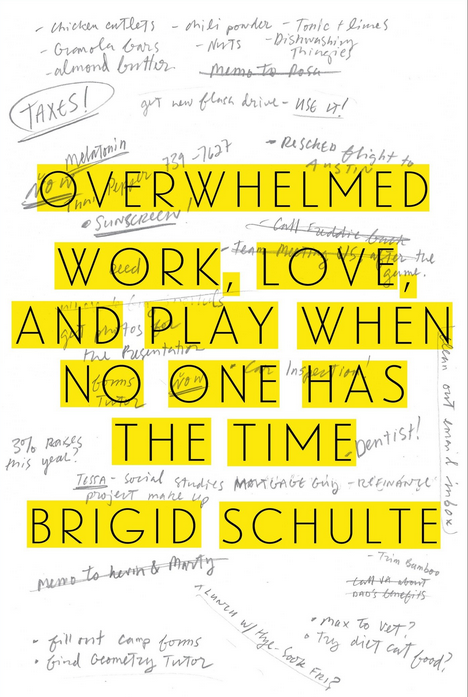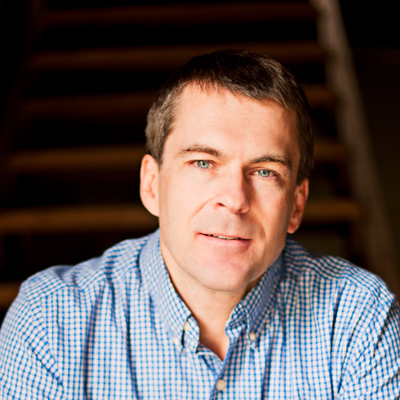
G.K. Chesterton once provocatively quipped, “It might reasonably be maintained that the true object of all human life is play. Earth is a task garden; heaven is a playground.” C.S. Lewis, explaining his “tendency to use images like play and dance for the highest things,” similarly stated “I do not think that the life of Heaven bears any analogy to play or dance in respect of frivolity. I do think that while we are in this ‘valley of tears,’ cursed with labor, … certain qualities that must belong to the celestial condition have no chance to get through, can project no image of themselves, except in activities which, for us here and now, are frivolous.”
I was reminded of these clever quotes upon reading Brigid Schulte’s Overwhelmed: Work, Love, and Play When No One Has the Time (Sarah Crichton, 2014). Schulte provides an excellent overview and diagnosis of our current dysfunctional relationship to time—a sort of 21st century updating of Staffan Linder’s The Harried Leisure Class (Columbia, 1970). She describes (post)modern time as “confetti time,” or “one big chaotic burst of exploding slivers, bits, and scraps.” That’s apt; technology indeed has chopped our days—and nights—into increasingly narrower slices.
Although Shulte provides some wonderful practical advice, which is great so far as it goes, I wonder how close she is getting to the root of the matter. The problem is not just that we don’t have enough open spaces in our schedule to focus, concentrate, or meditate. There is also the qualitative problem that time has become less significant, in the literal sense of not signifying anything beyond itself.
Which brings me back to Chesterton and Lewis, for whom time had a “sacramental” dimension. According to thinkers going all the way back to Augustine, sacramental time intersects and transforms secular time. Charles Taylor takes up the theme in A Secular Age (Harvard, 2007): “‘Secular’ time is what to us is ordinary time, indeed, to us it’s just time, period. One thing happens after another, and when something is past, it’s past.” (The root of ‘secular’ is ‘saeculum,’ a long period of time roughly equivalent to a person’s age span; hence economists sometimes speak of ‘secular stagnation.’) But religious traditions often conceive of time as having a vertical as well as a horizontal dimension—kairos as well as chronos. In the Christian tradition, for example, the Incarnation of Christ constitutes a ‘temporalization of the eternal.’ Thus, as Hans Boersma once put it, “time participates in the eternity of God’s life, and it is this participation that is able to gather past, present, and future together into one.” Liturgy in general and the Eucharist in particular tell the story of the world from creation to consummation, and situate worshippers as actors within that story.
To Chesterton and Lewis, thinking of time as sacramental dignified play. Why? Because work is characterized by wages—by what one is owed—and can therefore provide no analogy to grace, which is God’s unmerited favor. In this way of thinking, the freedom of play and leisure provides a better analogy of grace, or even of heaven.
Perhaps, then, in addition to all the reasons Schulte cites, one of the reasons we struggle with working such long hours is that we have forgotten the significance of play.
. . . . .
Longer versions of this essay were given as keynote addresses in June 2016 at the Christian Society of Kinesiology and Leisure Studies annual conference and the 15th anniversary of the Christian Study Center of Gainesville. The text of the former was published as “Labor, Leisure, and Liberty,” Christian Scholars’ Review XLVI:1, Fall 2016, and the audio of the latter may be found HERE.


